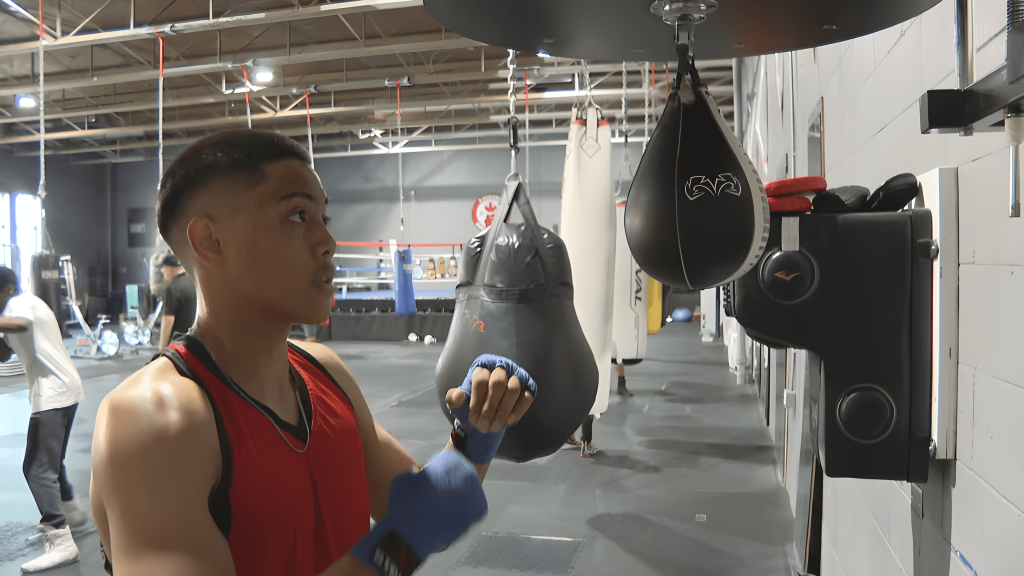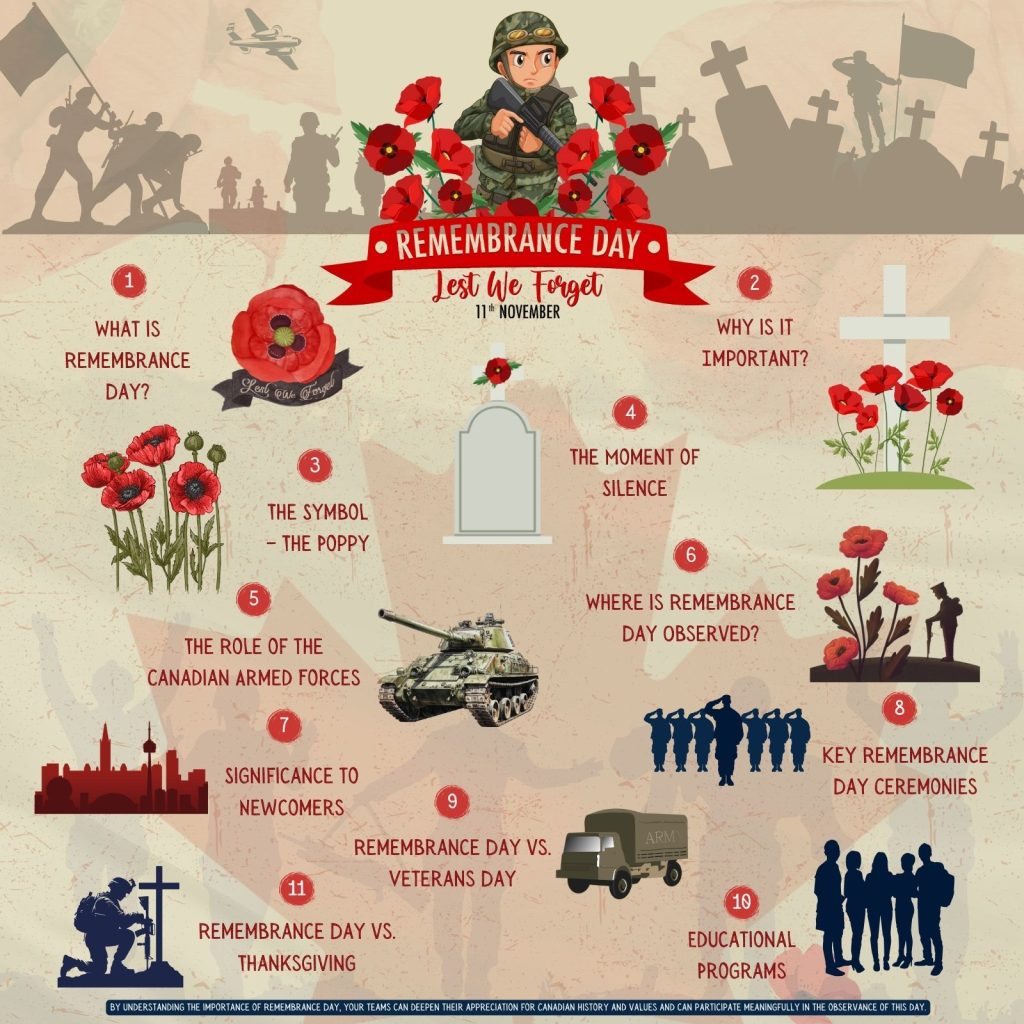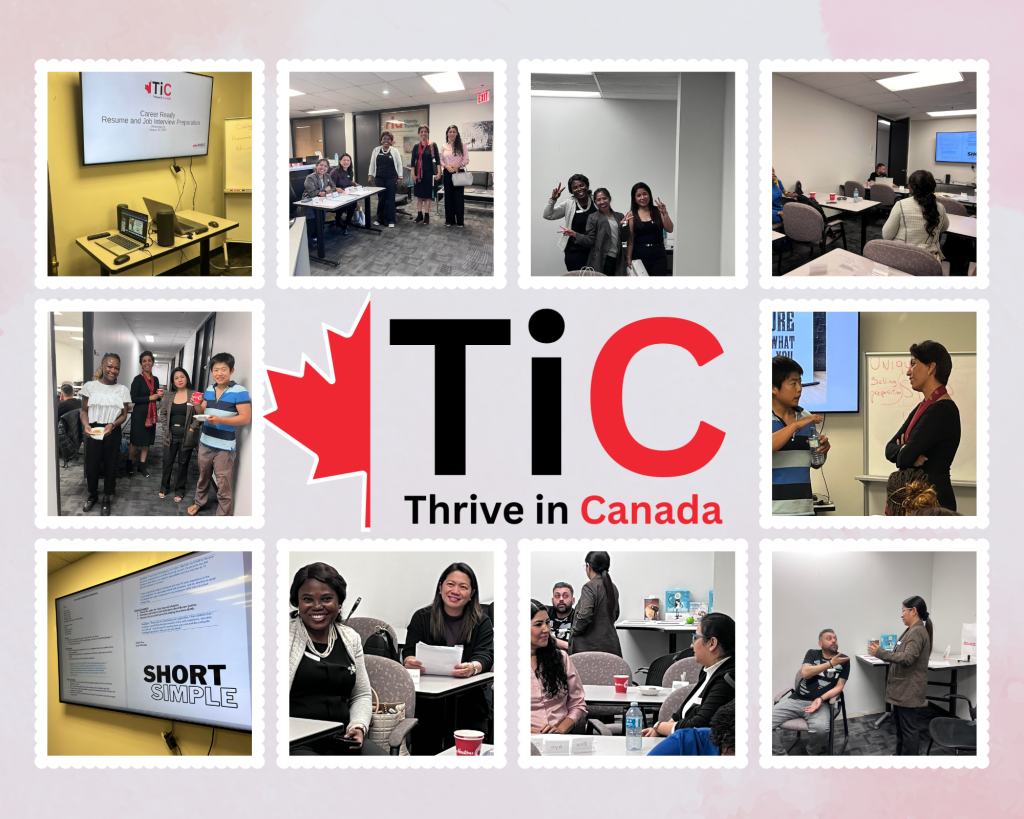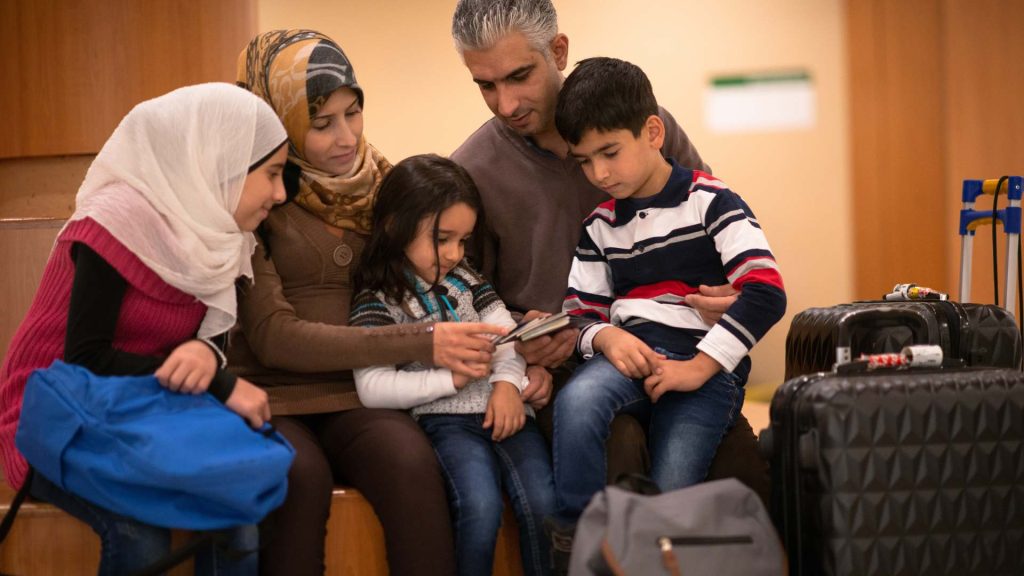A Difficult Start Born in India in 1972, Coach Harp faced significant health challenges from birth, coupled with the difficult living conditions of his home country. At the age of three, he and his family immigrated to Canada in 1975, embarking on a journey marked by numerous obstacles and opportunities. Struggling with Language and Culture Upon arrival in Canada, Coach Harp encountered one of his most significant challenges: the language barrier. With Punjabi as his primary language, adapting to an English-speaking school environment proved to be a daunting task. This language hurdle made fitting in and making friends particularly difficult, leaving him feeling isolated and frequently bullied. “As an immigrant, one of the biggest challenges I faced was the language barrier,” he recalls. “I struggled a lot with fitting in and finding friends.” His parents, also new immigrants, faced their own difficulties in adapting to the Canadian lifestyle. Shopping at Zeller’s, a budget-friendly store, meant that Harp wore off-brand clothes, unlike his peers who sported designer labels. This difference made him an easy target for teasing and exacerbated his sense of alienation. “I wore Zeller’s brand clothes and Wrangler jeans because that’s what my parents could afford,” he explains. “I didn’t know any better, but it made me stand out in a negative way.” Teachers, recognizing his struggle with English, would inform his parents, but they, too, were navigating this unfamiliar territory and often couldn’t provide the necessary support. Television unexpectedly became his primary tool for learning English. “I learned how to speak English by watching TV and repeating what the commercials were saying,” he shares. “this was my way of picking up the language.” Finding Solace in Canadian Football Throughout his school years, Harp’s struggle to fit in persisted. However, his life began to change when he discovered Canadian football in high school. Before finding football, he had tried joining various clubs, including the games club, multicultural club, and drama, but none resonated with him. Football, however, provided a sense of belonging and a constructive outlet for his frustrations. “When I was 12 years old, I started playing community football, and later, high school football,” Harp reflects. “I found a group of kids who didn’t think I was weird. Football gave me a sense of belonging.” The camaraderie and teamwork inherent in football taught him valuable lessons about cooperation and perseverance. “I found who I was when I first put on my shoulder pads and met my first football coach,” he says. “We were running together as a team, learning plays, and supporting each other.” Giving Back: Kids Play Foundation Today, Coach Harp is heavily involved with the Kids Play Foundation, a registered nonprofit organization dedicated to providing sports as an outlet for youth to avoid gangs, drugs, and violence. Founded by a Vancouver police officer in 2015, the foundation expanded to Calgary in 2019, starting with just two people. The organization’s mission is to offer a safe and constructive environment for kids, similar to what football provided Harp during his formative years. “Kids Play Foundation started in Vancouver by a police officer and expanded to Calgary in 2019,” Harp explains. “Our goal is to use sports to keep kids busy and away from negative influences.” Insights on Immigrant Success in Canada Drawing from his experiences, Coach Harp emphasizes the importance of immigrants stepping out of their comfort zones. Adapting to a new country is inherently challenging, and it’s easy to feel out of place. However, growth is limited without engaging with people from diverse backgrounds and pushing beyond familiar circles. “If you don’t put yourself out there, you’re not going to grow,” he states. He encourages immigrants to build friendships with others who may look different and share different experiences. This broadens one’s perspective and creates a supportive community. Additionally, continuous self-improvement through education, such as taking ESL classes or upgrading professional skills, is crucial, even if it means starting from scratch. “Too many people say, ‘In India, I was a doctor, or in India, I was a lawyer,’ but when you come to Canada, you need to adapt and sometimes start over,” he explains. Many immigrants face the frustration of not being able to practice their professions as they did in their home countries. Harp emphasizes viewing these challenges as part of the transition rather than failures. Every setback is an opportunity to learn and grow. “Failure leads you to your goal. If you’re afraid to fail, then you’re afraid to grow,” he advises. Embracing Failure as a Path to Success In both business and personal development, Coach Harp views failure as a stepping stone to success. Fear of failure hinders growth, but embracing it can lead to significant achievements. He advises immigrants to remember why they came to this country and to remain resilient. Freedom and success require effort, adaptation, and a willingness to learn from every experience. “Ask yourself, why did you come to this country? If you want freedom, it’s not going to be handed to you. You have to earn it,” he says. “Adapt, grow, make friends, and seek help from people who understand your journey.” Through sharing his journey, Coach Harp hopes to inspire others to see challenges as opportunities and to find strength in community and personal growth. His story serves as a testament to the power of perseverance, adaptability, and the importance of finding one’s place in a new world. Abel PagalingFounderRISEC Community Foundation Chief EditorCanadian Horizons Magazine









